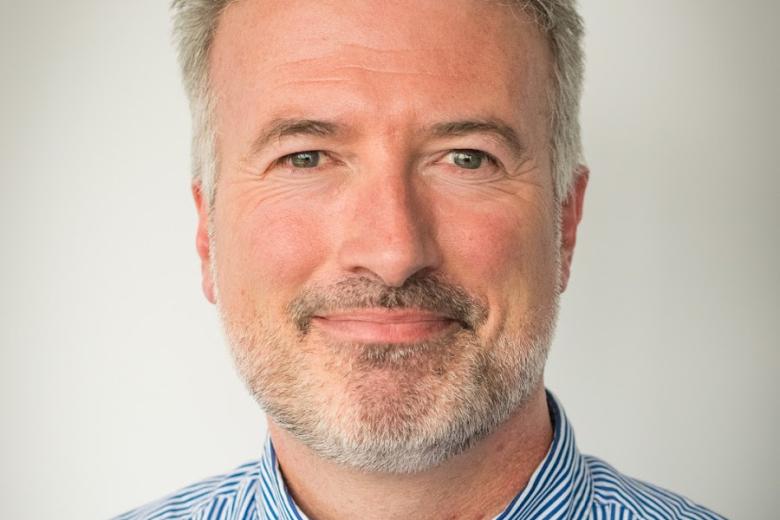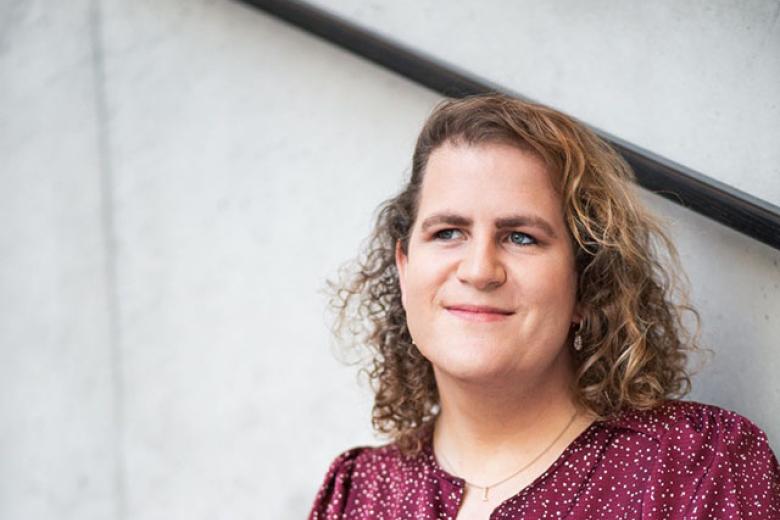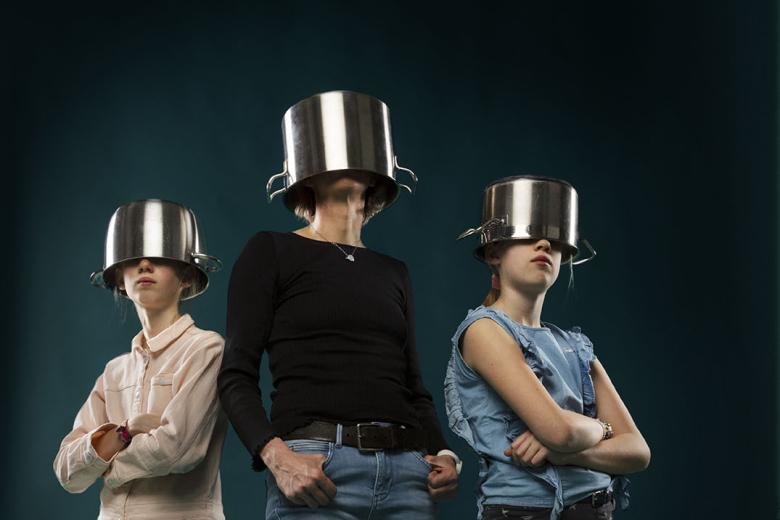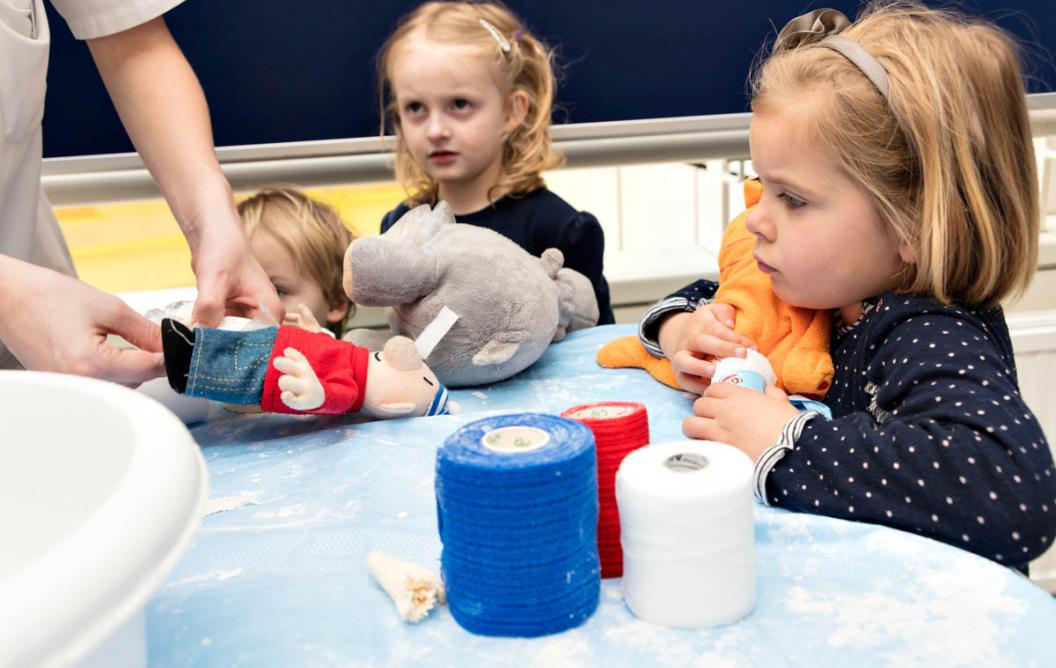IFMSA: not just for medical students
Going by the name, you might think that only medical students would be welcome at IFMSA: the International Federation of Medical Students’ Associations. But among the members of the Maastricht branch of this international organisation, there are also Biomedical sciences or Health sciences students. In fact, the four committee members explain from their crowded room between Universiteitssingel 40 and 50, any UM student who would like to work for global health is welcome. This is actually what attracted them to IFMSA themselves. ‘And the fact that you learn new things,’ says treasurer and second-year Biomedical Sciences student Frederike Vrouenraets. ‘I didn’t used to be able to do my own bookkeeping, but I can now.’
Dr House and sick teddy bears
IFMSA has five working groups, each with around 15 members. Interested students apply to a working group and then help to organise one of the many activities of this working group. Three times a year there’s a ‘Dr House’ event, in which students watch an episode of the TV series and then take part in a critical discussion with a medical specialist in the field that featured in the episode. And for one week a year, primary school children can bring their ‘sick’ teddy bears to see the doctor. ‘A lot of medical students participate on a one-off basis, and it takes a lot of organisation,’ says third-year medical student and IFMSA chair Daphne van Ierland. ‘You’re exhausted by the end of the day, but it’s really nice to do.’
Also read
-
Empowering Smallholder Farmers in the Data Economy: Unlocking Opportunities and Overcoming Obstacles
Frederik Claasen, the head of policy at our partner organisation Solidaridad Network on the opportunities and obstacles facing smallholder farmers in their data ecosystems.
-
Soft landing in Vienna
After several rocky years, Maastricht University alum Lea Vink has found her feet in Vienna. Professionally, she is taking new steps at the crossroads of aviation and organisational psychology. And on a personal level, luck has smiled on her since her transition from man to woman.
-
The scientist, the chef and her passions
Anne Roefs was awarded a Vici grant of €1.5 million. The professor of Psychology and Neuroscience of Abnormal Eating, was tossing up between a career as a scientist or a top chef.
